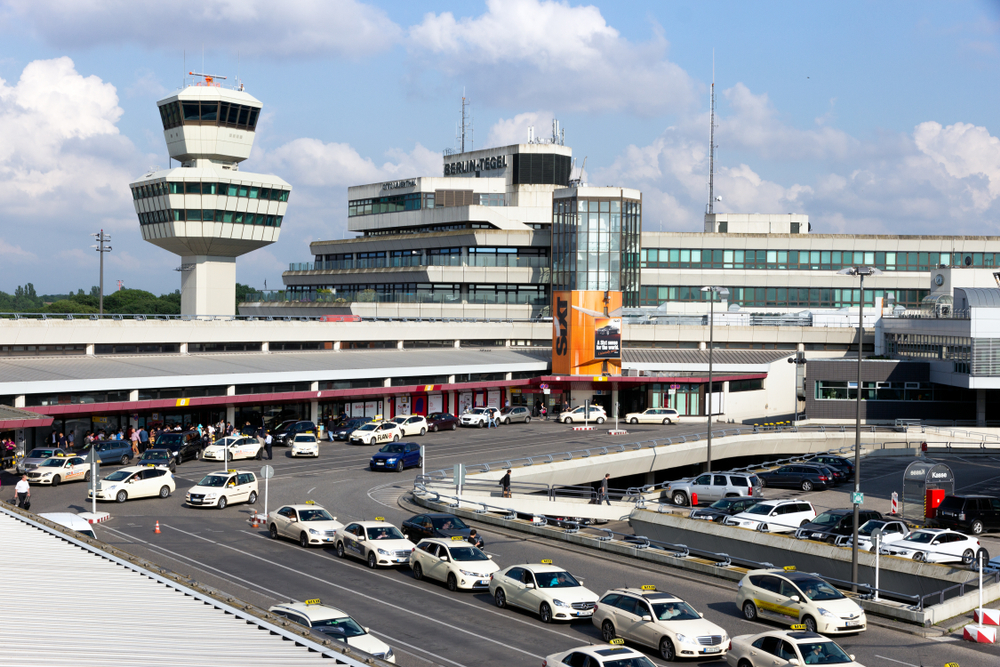The German capital of Berlin pays €1.5 million per day to house migrants in 12 buildings, consisting of 10 hotels and 2 migrant arrival centers, according to data released for the first time in response to a request from the Alternative for Germany (AfD) faction in the Berlin Senate.
The overall costs for housing these migrants amount to €547 million for 2023 alone. That is over half a billion in just one German city, and it does not even capture the full costs of housing migrants in Berlin, as it only covers the 12 buildings in question. These buildings include the two migrant arrival centers at Tempelhof and Tegel airports, both of which are decommissioned airports, as well as 10 hotels that are being rented by the government to house migrants.

The data was produced in response to AfD MP Gunnar Lindemann’s request. Tegel Airport is where most of the money is going, costing €1.172 million per day, and currently houses 3,408 Ukrainians and 1,333 asylum seekers, primarily from Muslim countries.
If the figures are broken down, the state is spending €7,411 per migrant in this single facility per month just on housing, operations, catering, rent, and security. However, this does not include healthcare, education, and welfare payments, known as “citizen’s money,” provided to migrants in Germany.
[pp id=100117]
While the cost per migrant in the hotels is much lower, at Tempelhof Airport, it still costs over €5,000 per migrant per month.
Overall, the German government announced it expects to spend €35 billion in 2023 on migrants. Earlier this year, the AfD also obtained data from the federal government showing that 28.1 percent of the German elderly are at risk of poverty, a figure that is higher than the EU average of 27.4 percent and far greater than its Western European neighbors of France (19.1 percent), Belgium (17.4 percent), and Luxembourg (9.3 percent).
[pp id=99854]
Germany is currently struggling with a budget crisis and has increasingly taken on huge debt loads to finance its record-high migrant population. Even as the left-liberal government pushes for more immigration, a clear majority of Germans say they want a pause on immigration and that immigrants bring more problems than benefits. Berlin, in particular, is facing a serious housing crisis, which has led to soaring rental increases and inflated housing values.
Germany’s pro-migration path is in stark contrast to countries such as Poland and Hungary, who have countered the European birth rate decline by introducing family-friendly policies and tax cuts to entice couples to have more children. Hungarian Prime Minister Viktor Orbán also announced in 2023 plans to mobilize economically inactive Hungarian citizens who want to work, prioritizing them to fill the gaps in the country’s workforce ahead of mass low-skilled migration, which risks both the security and the cultural heritage of the nation.
A recent study from the Netherlands shows that migrants have cost the Dutch state €400 billion from 1995 until 2019, adding to the growing body of evidence showing that mass immigration has been an enormous drag on the public finances of European social welfare states.






